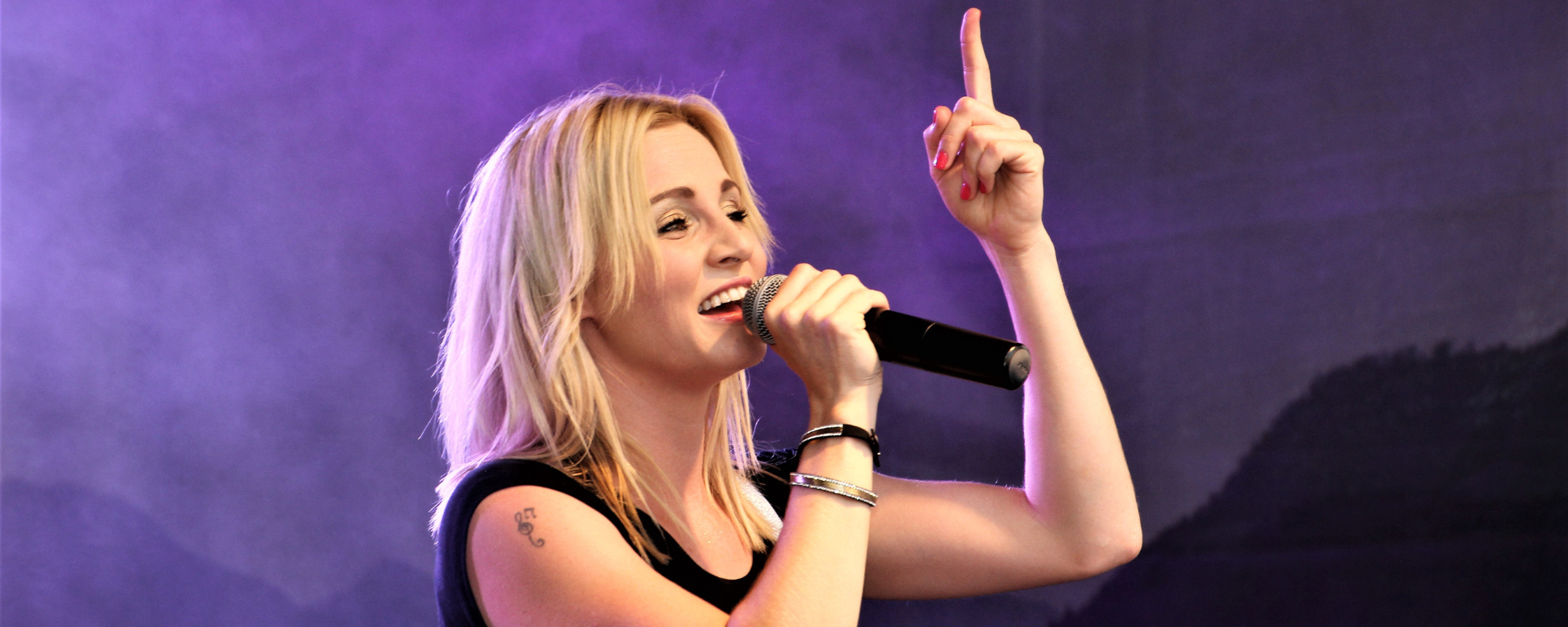As a singer, you may find yourself in the position of performing both cover songs and original compositions. While both can be enjoyable and rewarding, there are some key differences between the two that you should be aware of. Here is a list of some of the main differences between covers vs. originals:
1. Interpretation and self-expression
Singing a cover means performing someone else’s song, while writing and performing your own songs means creating something entirely original. When you sing a cover, you are interpreting someone else’s work and trying to make it your own. On the other hand, writing and performing your own songs allows you to express yourself in a completely unique way and share your own message and emotions with your audience.
2. Personal connection
There is often a greater personal connection to the material when performing your own songs, as they reflect your own experiences and emotions. When you sing a cover, you may not have had any hand in creating the song, and it may not necessarily reflect your own personal experiences or emotions. On the other hand, performing your own songs allows you to connect with your audience on a deeper level, as you are sharing something that is truly personal and meaningful to you.
3. Creative control
Writing and performing your own songs allows for greater creative control and the freedom to experiment. When you sing a cover, you have to work within the parameters of someone else’s creation. This can be a great opportunity to put your own spin on a song and get creative with your interpretation, but you are still limited by the original composition. On the other hand, writing and performing your own songs gives you complete creative control. You have the freedom to experiment and try new things, and you can shape the song in any way you see fit.
4. Improvisational freedom
Performing your own material allows for greater flexibility to improvise and find new variations of the song – after all, this is your song. When you are singing someone else’s material, you are limited to the original arrangement of the song. On the other hand, when you are performing your own material, you have some freedom to change things up and try new things.
5. Your repertoire
Singing a cover can be a good way to gain experience and build your repertoire, while writing and performing your own material can help you stand out as a unique artist. Singing a cover can be a great way to get started and gain experience, particularly if you are just starting out as a performer. It can also be a great way to build your repertoire and showcase your vocal abilities. On the other hand, writing and performing your own material can help you stand out as a unique artist and can open up more opportunities for touring, recording, and other types of work.
Overall, both singing a cover and writing and performing your own songs can be valuable experiences for a singer. Singing a cover can be a great way to pay tribute to your influences and learn new material, while writing and performing your own songs can certainly be a rewarding and personal experience. The key is to find the balance that works best for you and your career goals.
One of the great things about being a singer is that you have the opportunity to perform a wide variety of material. Whether you are singing a cover of an old classic or performing one of your own original compositions, you have the chance to connect with your audience and share your talents with the world. So don’t be afraid to mix things up and try out both covers vs. originals. You never know what might resonate with your audience and help you grow as an artist.

